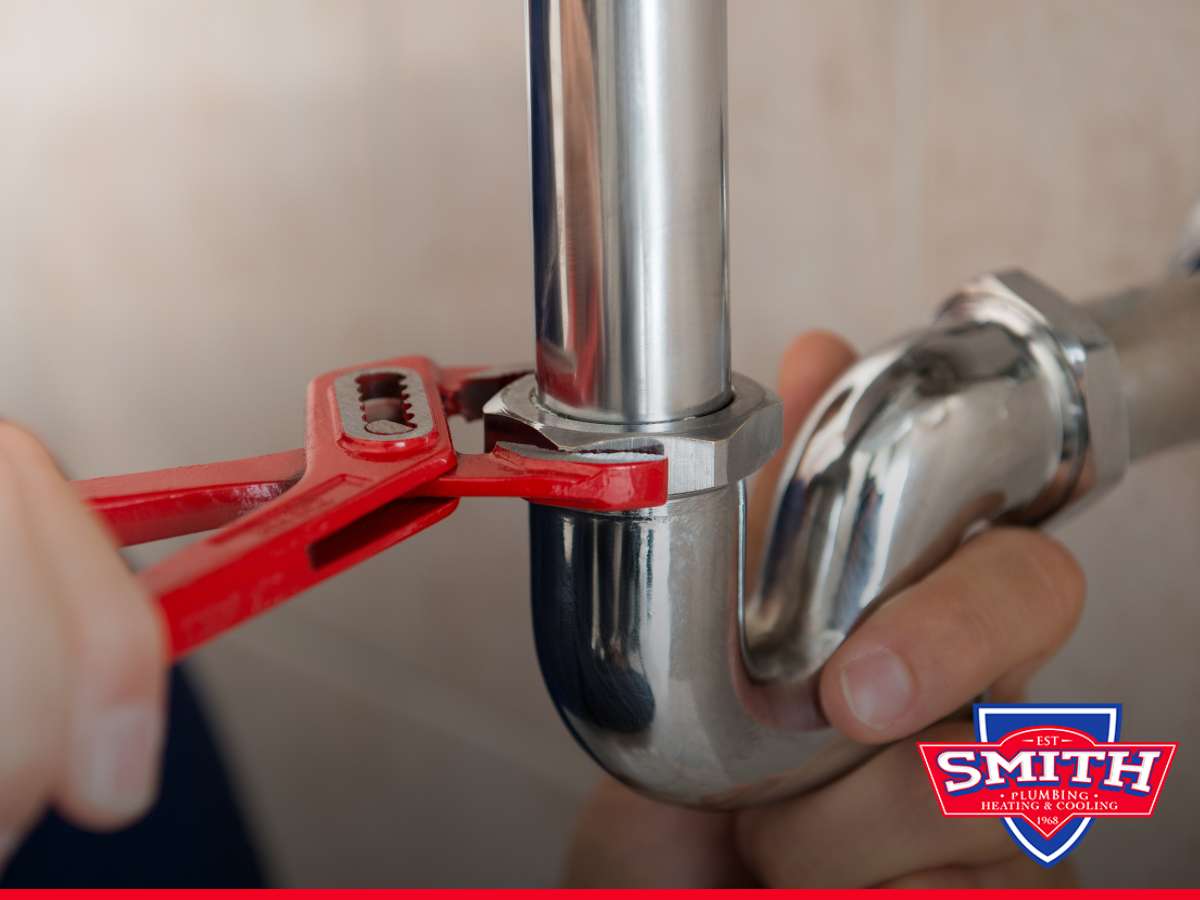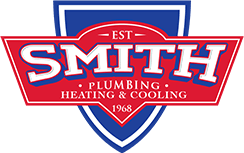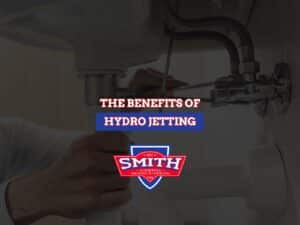The Importance Of Addressing Hidden Pipe Leaks Early
Hidden pipe leaks might seem innocent at first, but they can cause a lot of damage for your home, including structural damage and even potential health hazards. That’s why it’s so crucial to identify and address these leaks early, and that usually involves being proactive with your plumbing system and contacting a plumbing company when necessary.
From checking under sinks to inspect water heaters, here’s our complete guide on how to identify hidden pipe leaks and fix them to ensure a safe living environment.

Common Signs Of a Pipe Leak
The first thing you should do is to check for any signs of a pipe leak, including:
- Visible water damage: That usually happens with water stains on ceilings, walls, or floors. Look for discoloration, bubbling paint, or wallpaper peeling away from the walls, as these are signs of water damage from a hidden leak.
- Unusual sounds: If you hear strange sounds like hissing, dripping, or running water when fixtures are off, then there might be hidden leaks. These sounds are often more noticeable at night when the house is quiet.
- Unexplained Increase In Water Bills: A sudden, unexplained spike in your water bill is often a telltale sign of a hidden leak. If your water usage hasn't increased but your bill has, it's time to investigate further.
- Mold & Mildew: Mold and mildew thrive in damp, dark environments. It could indicate a hidden leak if you notice persistent mold growth in areas not typically exposed to moisture.
- Musty Odors: Musty smells often result from mold and mildew caused by hidden leaks. Water trapped behind walls or under floors can create the perfect environment for these fungi to flourish, leading to unpleasant odors.
- Decreased Water Pressure: A sudden drop in water pressure can suggest a leak in the pipes. While other factors can cause low water pressure, such as sediment buildup in the pipes, a hidden leak should not be ruled out.
- Warm Spots On The Floor: If you notice warm spots on your floor, particularly if you have a slab foundation, it could indicate a hot water leak beneath the surface.
How To Detect & Locate Hidden Pipe Leaks
Detecting water leaks early is crucial for preventing potential disasters and saving money. Here’s how you can locate hidden leaks within your home:
Check Your Water Meter
Using your water meter is among the best ways to see if you have a leak. Simply turn off all water fixtures in your home and check the water meter. Note the meter reading and see if it’s moving. If the meter keeps moving despite all water faucets being turned off, you have a fast-moving water leak.
Check Your Water Bill
A sudden, unexplained rise in your water bill could indicate a hidden leak. Compare your current bill with those from previous months to identify any consistent upward trend, as your water bill should typically remain consistent.
Dye Test
For toilet leaks, add food coloring to the toilet tank and wait for a few minutes. If the color appears in the bowl, there is a leak. This simple test can help identify whether the leak is in the tank or bowl.
Inspect Visible Pipes
Check visible pipes under sinks, behind toilets, and in basements for any signs of moisture or corrosion. Look for wet spots, rust, or mineral deposits, which can indicate a leak.
Use a Moisture Meter
A moisture meter can help detect moisture levels in walls and floors. High readings in certain areas can indicate a hidden leak. This tool is particularly useful for detecting leaks behind walls or under flooring.
Thermal Imaging
Professional plumbers use thermal imaging cameras to detect temperature differences caused by water leaks behind walls. This non-invasive method can accurately pinpoint leak locations and is especially useful for detecting hot water leaks.
Check Outdoor Areas
Inspect outdoor spigots, irrigation systems, and hoses for leaks. Leaks in outdoor plumbing can be just as damaging and costly as those inside your home.
DIY Solutions For Minor Leaks At Home
While we still recommend hiring a plumbing company to repair leaks, you can try a few DIYs if you only encounter a minor leak. Still, it’s always wise to be careful with these techniques and contact an expert if there’s any doubt on what to do.
- Tighten Loose Connections: Many small leaks happen at pipe joints or faucet connections. Use a wrench to gently tighten them, but avoid over-tightening, which can cause cracks.
- Apply Pipe Sealant or Tape: Threaded connections can often be sealed with plumber’s tape (Teflon tape) or a pipe joint compound to stop slow drips.
- Use a Pipe Clamp or Epoxy Putty: For small cracks or pinhole leaks, a pipe clamp or waterproof epoxy putty can provide a temporary fix until a permanent repair.
- Replace Old Washers: Leaks in faucets or valves often come from worn-out washers or gaskets. Replacing them can restore a tight seal.
Preventive Tips To Avoid Future Leaks
Keep in mind that you can avoid future leaks by simply following these tips:
- Schedule regular inspections with a plumbing company to check for potential issues.
- Use a pressure regulator to maintain safe pressure levels in your plumbing system.
- Insulate your pipes whenever possible
- Always avoid chemical drain cleaners! Opt for natural methods or hire a plumber for stubborn clogs.
- If your home has old plumbing, consider upgrading to modern, durable materials.
- Educate everyone in your household about proper plumbing use—that includes flushing the toilet properly and not violently!
Ensuring Your Plumbing Investment With Smith Plumbing, Heating & Cooling
Identifying and fixing hidden pipe leaks at home is essential to keep your house safe and comfortable, but we know it’s not always easy to deal with this issue. That’s why you can always trust Smith Plumbing, Heating and Cooling to get proper assistance, especially if you really need peace of mind with your plumbing system.
Our team of experienced Arizona professional plumbers is committed to helping you evaluate when it's time to replace your fixtures and will expertly guide you through the entire process. We offer a diverse range of high-quality plumbing fixtures that cater to all styles and budgets, ensuring you receive exceptional value for your investment.
Contact us today to discuss your plumbing fixture replacement needs and discover how we can provide the best solutions for your home!


